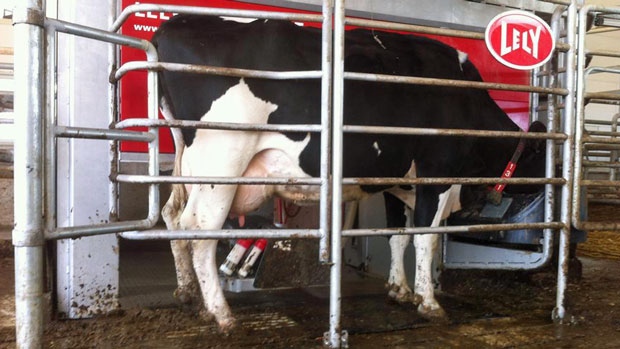Modern farming is a curious thing. On one hand it appears very traditional, allowing some farmers to capitalize on ideas like the local food movement. But on the other hand, many farmers are happy to leave behind the hayseed stereotype, and embrace modern technologies and methods. It’s not that they don’t have home-grown values; odds are, theirs is a family farm. But these family farms operate like a business, and policymakers need to understand that.
Proposed business activities where the focus of a Canadian Federation of Independent Business poll of 520 farmers across the country earlier this fall. The results were significant: a whopping 44 per cent of farmers in the poll said they were planning to expand their operations in the next three years, up from 40 per cent a few years ago. And farmers have their sights set on hiring more employees within the next three years, despite challenges finding help. More than half of the survey respondents said they are planning to adopt new and innovative technologies, such as robotic milking for dairy cows or GPS systems for planting and spraying.
The federation says Canadians can be proud of the country’s agriculture sector, as it provides an abundance of jobs and quality food using modern operations. The final bit of good news from the survey is family farms are poised to stay that way. More than 80 per cent of those who are passing their farm assets on in the next three years will pass it to a family member. Modern farming will indeed continue to have elements of traditions passed down through families, plus the benefits of technology that young people and their progressively minded parents bring to farming. Sounds like the best of all worlds, for agriculture and for consumers.


